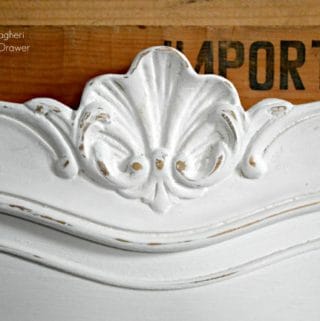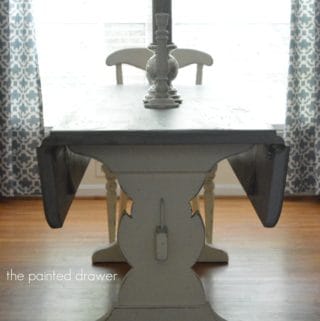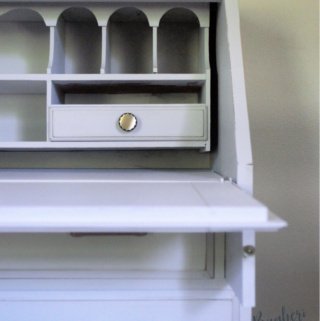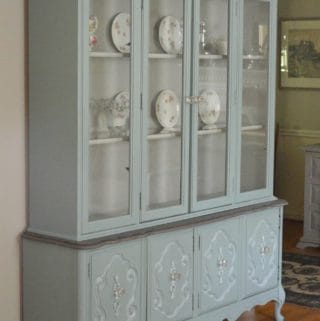Excessive humidity at home is incredibly common, especially in older homes during the wintertime. You may be able to feel the moisture in the air, your windows might be covered in condensation, the air might smell stale and unpleasant, and you might even notice black mold around your windows and in damp areas like your bathroom.
While a little extra moisture is normal, and nothing to worry about, too much humidity can be harmful. It can affect the air quality in your home, make conditions like asthma worse, increase your likelihood to catch colds and other bugs, and lead to skin conditions. It could also cause permanent damage to your home, which is sometimes costly to repair.
But, you don’t just have to put up with it. There is plenty that you can do to reduce humidity and improve the air quality.
Open Your Windows
One of the best ways to reduce damp and improve air quality in your home is by opening the windows. Even when it is cold, opening your windows for just a few minutes each day can have a considerable effect.
Be Careful Drying Washing
When you are trying to reduce humidity, the last thing that you want is to introduce more moisture into your home. If you’ve got a clothes dryer, use it. If not, hang washing outside when it’s dry. On a sunny day, even when it is cold, your laundry will dry, and even with cloud cover, the breeze and fresh air will at least start it off.
If you do need to dry washing indoors, do it in a well-ventilated room, such as your bathroom with the extractor fan turned on.
Invest in a Dehumidifier
Sometimes, smaller changes are all that it takes. But, these aren’t always enough. A dehumidifier can reduce dust mites, mold spores, mildew, and other airborne pathogens in your home as well as decreasing moisture and reducing the risks of mold and mildew growing. Learn more about desiccant dehumidifiers and find the right option for your home.
If you do invest, make sure your dehumidifier is turned on while you are drying washing indoors.
Add Houseplants
There are several advantages to adding houseplants to your decor. They look great and help you to create a peaceful and inspiring space. They can boost your mental health, and they can improve the air quality in your home and reduce humidity. Some of the best houseplants for reducing humidity include Peace Lily, Boston Fern, Palms, Orchids, and Spider Plants.
Use Your Fans
You may have fans on your lights, extractors in your bathrooms, and a cooker hood in your kitchen. But do you use them? Many people keep them turned off because they make an annoying noise. But, they are there for a reason. Make sure you at least use fans when you cook and take showers.
Take Shorter Showers
On the subject of showers, the longer you are in there and the hotter the water is, the more steam you produce, and the more moisture you add to the air in your home. Take shorter, cooler showers to reduce humidity.
Please note that some of the links above and below are affiliate links, and at no additional cost to you. All opinions are my own.








